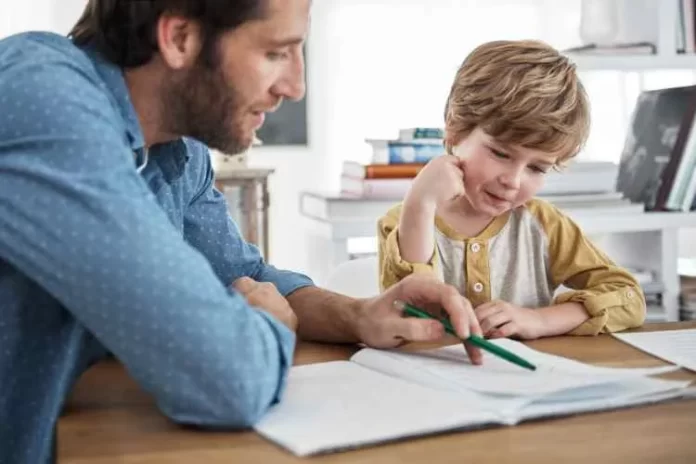Lake Haven, nestled in a picturesque valley, boasts a tranquil atmosphere and stunning natural beauty. With a population of over 3,578 residents (as of 2016), it offers a blend of small-town charm and modern amenities. Families with toddlers often frequent the local parks and playgrounds, enjoying the safe and welcoming community environment. That said, the formative years of a child’s life are a time for learning the ABCs and establishing the foundation of their emotional, social, and cognitive development. A vital component of this developmental journey is parental involvement, especially within the realm of early childhood education. So, through this article, you may delve into the myriad reasons why the role of parents is indispensable, drawing upon insights from educators, psychologists, and examples from settings like a Lake Haven child care centre to highlight the multifaceted benefits of engaged parenting.
A Stronger Emotional Bond
First and foremost, when parents actively participate in their kid’s early education, they lay the groundwork for a stronger emotional bond. This connection is pivotal, as it provides the toddler with a sense of security and belonging, essential for their emotional well-being and self-confidence. Imagine the warmth and joy filling a kid’s heart when they see their parents involved in their day at a Lake Haven child care centre, whether it’s through reading stories, participating in activities, or even just spending a few extra minutes at drop-off to chat with their educators.
Enhanced Learning Outcomes
Research consistently shows that children whose parents are involved in their education seem to perform better academically. This involvement ranges from helping with homework to engaging in educational activities at home. It’s the curiosity ignited at the dinner table, the learning reinforced through play, and the concepts understood with the gentle guidance of a parent. These moments are not just about learning; they’re about creating a love for learning that extends beyond the classroom walls.
Improved Social Skills
The social landscape of early childhood education, much like the playgrounds of a Lake Haven child care centre, is where kids learn to navigate relationships, understand empathy, and develop communication skills. Parental involvement in this aspect can significantly bolster a toddler’s ability to interact with their peers and adults. By observing their parents’ social interactions, they learn valuable lessons on respect, kindness, and cooperation—skills that are crucial for life.
A Custom Tailored Educational Journey
Every child is unique, with their own set of strengths, weaknesses, interests, and learning styles. Active parental involvement ensures that their educational journey is tailored to their individual needs. Parents, often knowing their children best, can provide invaluable insights to educators, ensuring that the curriculum not just educates but truly enriches their child’s learning experience. It’s about making education a bespoke suit, perfectly fitted to the kid, rather than a one-size-fits-all garment.
A Model for Lifelong Learning
Parents who are actively involved in their child’s education embody the principles of lifelong learning. They demonstrate that education is not confined to the classroom or limited to childhood. This modelling has a profound impact on a child’s attitude towards education, instilling in them the understanding that learning is a continuous journey filled with curiosity and exploration. It’s about lighting the torch of knowledge and showing them how to carry it through life.
Conclusion
The involvement of parents in early childhood education is not just beneficial but essential. It’s a partnership between parents, educators, and children—a collaborative effort that enriches the educational experience and lays a solid foundation for the child’s future. At the heart of this partnership is the understanding that education is a journey families and professionals embark on together, with each step taken in unison bringing them closer to a future where the children are not just knowledgeable but wise, not just educated but enlightened.


























